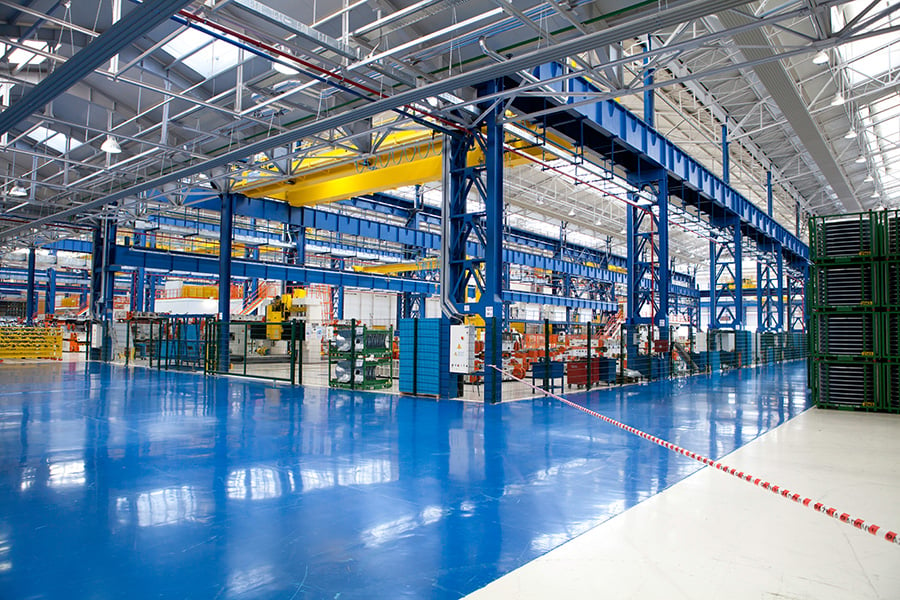
The industrial space is different from the commercial space. Instead of analyzing how many workspaces you can fit in a floor covered by elevators, you are concerned about other details such as the ceiling height.
In other words, you need to pay attention to industrial properties, for a small mistake can affect the success of your operation. In this article, we are going to explore the seven tips you should know when looking to lease industrial space.
1. Location
Unlike a corporate office, the ideal location for your business is the one where you can easily receive and ship items. For instance, if you will be receiving offloaded goods from a port and ship them out as air cargo, a property between the port and airport is the best. If you're planning to ship by rail, a location with a rail spur is an appealing option. It may save you the expense of trucking your inventory.
2. Ceiling Height
Taller ceilings mean that you can sack your industrial space with more boxes, pallets, or SKUs. However, if you won’t be stacking tall items, having a tall ceiling height will leave you with unused space and wasted money in rent.
3. Floor Loading
Unlike a corporate office where laptops, desks and the workers do not exert a lot of stress on the floor, heavy pieces of equipment do. This is why it is essential to pay attention to how smooth or flat the floor is, a tilted floor will result in the Leaning Tower of Products!
4. Energy and Electricity
Energy and electricity requirements in a corporate office are similar to those in an industrial office. Nevertheless, you have to ensure that your industrial space has enough power to suit your needs. For instance, ensure that heavy machinery has connections of adequate type and voltage to work.
5. Health and Safety Standards
When you eventually decide on industrial space, ensure that it has full compliance with current health and safety standards.
One of the health and safety standards you should look for is the maintenance of a healthy worksite; the property needs good ventilation, accessible wash stations, and climate control. These features will help ensure the security of your workforce.
6. Parking Space
Before deciding on industrial space, ensure that you thoroughly inspect the parking spaces. Similar to commercial property, the industrial property needs adequate parking space. Unlike the commercial property, industrial parking spaces needs you to account for extra details.
Any constraints in the parking space can affect your operation’s success. For instance, if your trucks and trailers navigate the area, they need a certain degree of freedom to arrive safely at the docks.
7. Hire an Industrial Space Planner
If you are not experienced in evaluating how these factors affect your industrial space's efficiency, it is advisable that you work with an industrial space planner that can help map out how the building will interact with your needs. An industrial space planner is a valuable asset as you move from property to property. Make sure you also hire a tenant rep broker who has your best interests in mind and can help you with every step when finding an industrial space.
Here are a few other articles you might enjoy:
Importance of Signage for Commercial Tenants
5 Reasons to Pay Attention to Parking in Your Office Lease
The Importance of IoT (internet of things) in Commercial Real Estate
Subscribe to our blog for more CRE tips!!








